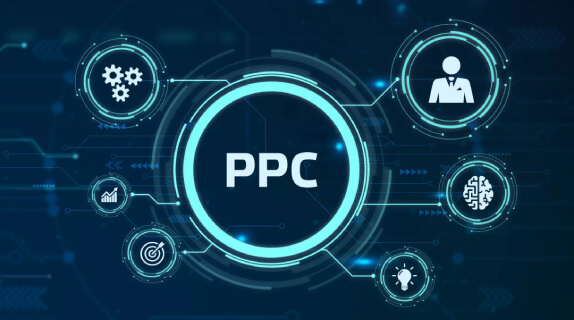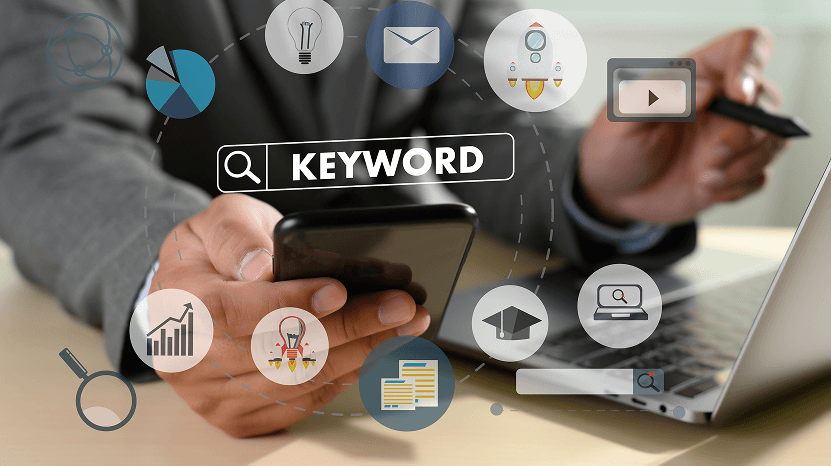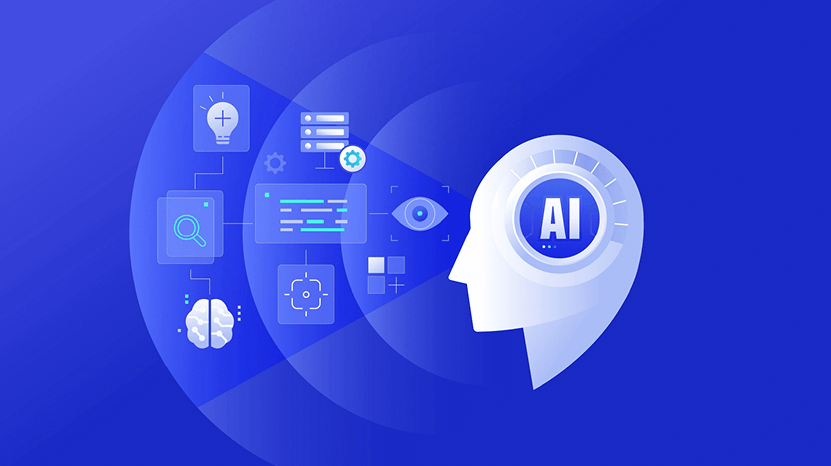- 0243394034
- info@centralcoastseo.com.au
- Google 1st Pages Guaranteed in Writing.
Leveraging AI in PPC Campaigns – Opportunities and Challenges

The AI Revolution in Digital Advertising
The integration of artificial intelligence (AI) into pay-per-click (PPC) advertising represents one of the most significant technological advancements in the digital marketing landscape. AI-driven solutions are enabling marketers to optimise campaigns with precision, harnessing vast amounts of data to deliver more relevant ads, reduce costs, and improve overall performance. However, as with any innovation, the adoption of AI in PPC also comes with its set of challenges, requiring marketers to adapt both strategically and technically.
For Australian businesses looking to refine their digital marketing strategies, understanding how AI impacts PPC is essential. Leveraging these technologies effectively can provide a significant competitive edge, especially in competitive markets like Sydney. For a deeper dive into SEO strategies for Sydney-based businesses, visit SEO North Sydney.
Enhanced Targeting Through Data Analysis
AI excels in analysing large datasets to identify trends, preferences, and behaviours. In PPC campaigns, this capability translates to enhanced audience segmentation and targeting. Machine learning models can predict user intent based on historical data, allowing advertisers to deliver highly personalised ads that resonate with individual consumers. This precision reduces wasted ad spend and increases conversion rates.
Real-Time Bidding Optimisation
Real-time bidding (RTB) is a core component of PPC campaigns. AI algorithms can process millions of data points in milliseconds, enabling dynamic bid adjustments that maximise return on investment (ROI). By automating this process, AI reduces manual labour while ensuring optimal ad placements, even in highly competitive auctions.
Automated Campaign Management
AI-powered tools like Google Ads’ Performance Max simplify campaign management by automating tasks such as ad creation, keyword research, and bid adjustments. These tools leverage machine learning to test various ad combinations and optimise for the best-performing variations. This not only saves time but also provides insights into what drives user engagement.
Dependence on Data Quality
The effectiveness of AI-driven PPC campaigns hinges on the quality of data fed into the algorithms. Inaccurate or incomplete data can lead to suboptimal ad targeting, wasted budgets, and missed opportunities. Businesses must invest in robust data collection and cleaning processes to ensure their campaigns’ success.
Lack of Transparency in AI Decision-Making
AI models often operate as “black boxes,” making it difficult for marketers to understand how specific decisions are made. This lack of transparency can lead to challenges in diagnosing performance issues or explaining campaign outcomes to stakeholders. A detailed understanding of AI’s underlying mechanisms is crucial for effective oversight.
Ethical Considerations and Bias
AI systems can inadvertently reinforce biases present in the training data, leading to discriminatory or unethical ad placements. For instance, targeting ads based on demographic data without proper checks may result in unintended consequences. Marketers must remain vigilant and implement safeguards to ensure ethical advertising practices.
Focus on High-Quality, First-Party Data
With increasing restrictions on third-party cookies, the importance of first-party data has grown exponentially. AI thrives on quality data, making it essential for businesses to collect and maintain comprehensive customer information. This includes tracking on-site behaviour, purchase history, and engagement metrics.
Combine AI Insights with Human Expertise
While AI can automate many aspects of PPC campaigns, human oversight remains indispensable. Marketers must interpret AI-generated insights within the broader context of brand strategy and audience understanding. This hybrid approach ensures campaigns remain aligned with business objectives.
Monitor and Refine Continuously
AI models require constant monitoring and refinement to perform effectively. Regular audits of campaign performance, coupled with iterative testing, help marketers stay ahead of evolving consumer behaviours and market dynamics. Tools such as conversion tracking and advanced analytics are invaluable for this purpose.
AI’s Role in Localised PPC Strategies
For businesses operating in local markets, such as Sydney, AI-powered PPC offers unique advantages. Localised campaigns can benefit from geotargeting, which ensures ads reach users in specific areas. AI further enhances this by analysing local consumer behaviours, enabling hyper-targeted advertising strategies.
If you’re seeking expert guidance on tailoring your PPC campaigns for local audiences, consider consulting SEO North Sydney for actionable insights.
Conversational AI and Voice Search Integration
The rise of voice search and conversational AI is shaping how users interact with digital platforms. PPC campaigns must adapt to these trends by incorporating long-tail keywords and natural language queries. AI-driven tools can help identify these opportunities and optimise ad content accordingly.
Predictive Analytics for Proactive Campaign Adjustments
Predictive analytics powered by AI allows marketers to anticipate user behaviours and adjust campaigns pre-emptively. This proactive approach ensures campaigns remain relevant, even as market conditions change. For instance, seasonal trends or emerging competitor strategies can be addressed in real-time.
Embracing AI in PPC Campaigns
The integration of AI into PPC advertising presents unparalleled opportunities for enhancing targeting, efficiency, and ROI. However, it also introduces challenges that require careful navigation. By focusing on high-quality data, combining AI capabilities with human expertise, and staying attuned to ethical considerations, businesses can unlock the full potential of AI-driven PPC campaigns.
For those looking to stay ahead in the competitive digital advertising space, investing in AI technologies and partnering with experts in the field is crucial. To learn more about optimising your PPC and SEO strategies, visit SEO North Sydney.


















